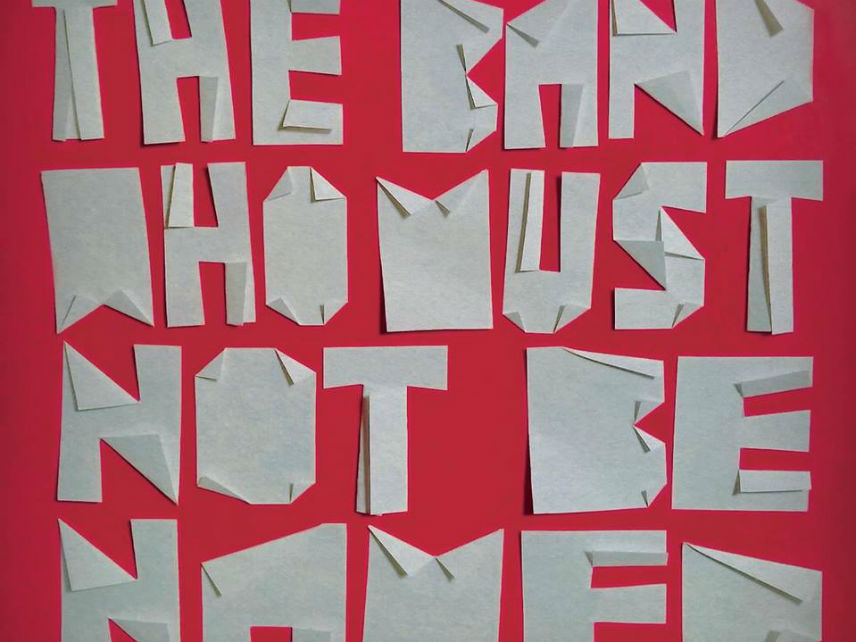The Slants Know What it Takes to Win a Supreme Court Case
The Slants speak with Reason a year after winning the right to use their own name.

Contrary to popular belief, you probably won't see any country music stars by simply walking down Nashville's Music Row. But if you swing by Bobby's Idle Hour on 16th Street Ave., you just might catch a musician or two. This is where Simon Tam and Joe Jiang of The Slants, an all-Asian-American dance-rock band, perform on Thursday evening.
Tam, the band's founder, casually mentions his Supreme Court case onstage. "We were fighting against the U.S. government for the right to use our name," he says.
The bassist was referring to Matal v. Tam, which was ultimately decided in his band's favor last year. The high court ruled that federal Patent and Trademark Office (PTO) could not prevent the band from trademarking its name, even if it did "disparage…persons, living or dead, institutions, beliefs, or national symbols, or bring them into contempt, or disrepute." When Tam sat down with Reason's Meredith Bragg a year ago, he explained that the group picked its name, in part, to reclaim an old anti-Asian slur. Both the name and the band were designed to put Asian Americans front and center in an industry that often left them in the background.
So what's it like to win a Supreme Court case? Tam reflects on the legal battle with Reason after his set.
Regulations, he learned, can do more harm than the thing being regulated. For example, the PTO used offensive imagery—even pictures of Miley Cyrus pulling her eyes back to make a stereotypical "slant"—to explain to a group of Asian Americans that they were really the ones disparaging a community. "The government thought they were doing us a favor by denying us rights," Tam says.
The court decision's biggest impact, he says, may just be to have ended a legal battle that nearly spanned a decade. He calls the case "the most frustrating thing in the world," adding that the "system is not designed for you to win." Tam advises anyone thinking of challenging the government to start "thinking like an artist and an activist." The politically and legally inclined tend to think within the realm of possibility, he explains, while artists think more creatively.
Earlier this month, the band formed The Slants Foundation, a nonprofit seeking to provide resources to "Asian Americans looking to incorporate activism into their art," in an effort to help other artists.
Days before entering the Supreme Court, The Slants released their album The Band Who Must Not Be Named on Martin Luther King Day. The band set up an impromptu concert at the D.C. memorial dedicated to the civil rights leader, and there Tam saw a quote from King: "The arc of the moral universe is long, but it bends towards justice." Tam agreed, but he also found himself thinking that the arc bends only when people work to bend it.
"It requires people who are intentional. It requires persistence. And it requires a community that's willing to stand up and say 'It doesn't matter how challenging this battle it. It doesn't matter what kind of hill we have to climb. It is the ultimate goal that's worth it. Even if it isn't addressed in our generation, it's still worth fighting for,'" he says.


Show Comments (14)